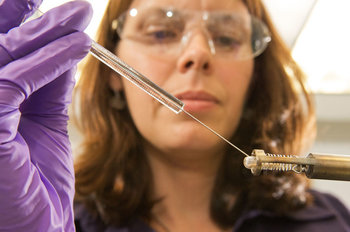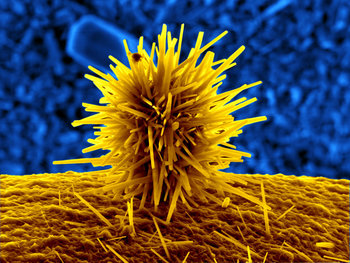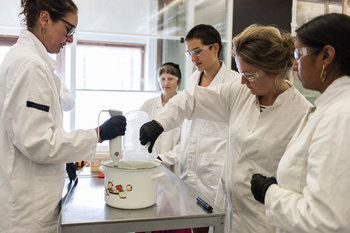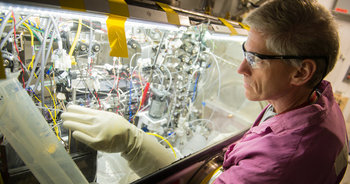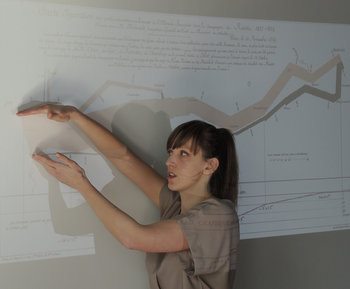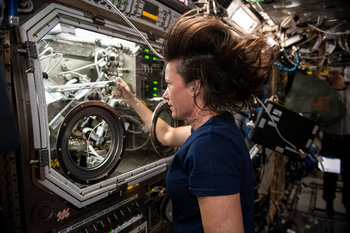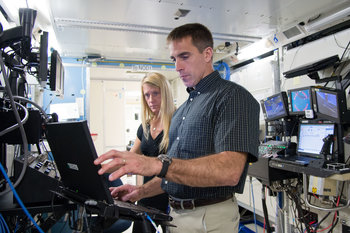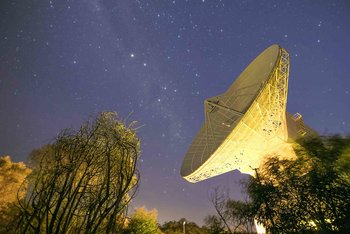
Systematic Error
Error that is build into the design of an experiment, system or tool. For example, an experiment that uses an incorrect constant in a calculation.Random Error
Error that is the result of random variation over time. For example, measuring the same object four times in succession on a high precision scale that gives a slightly different answer each time due to tiny variations in the environment or the device itself.Human Error
Error that is the result of human failures including elements such as cognitive biases and mistakes. For example, a researcher who makes an incorrect assumption in applying a fertilizer to plants in a lab that causes the plants to die.Systematic Error vs Random Error
A systematic error applies to all outcomes and measurements equally. For example, if a constant is wrong in a formula, it will impact all calculations. A random error applies to all outcomes and measurements randomly. For example, variation in temperature in a lab over time that has a slight influence over a chemical process such that if you run an experiment 12 times you get slightly different results each time.Notes
Generally speaking, random error is always present in an experiment. For example, computers are prone to random error due to interference from cosmic radiation. Random error can be reduced and estimated by measuring variation in repetitions. Systematic and human error aren't always present in an experiment. However, they can be difficult to detect as they may impact all measurements equally.| Overview: Experimental Error | ||
Type | ||
Definition | An unintentional lack of validity, precision or accuracy that is introduced into an experiment. | |
Related Concepts | ||




